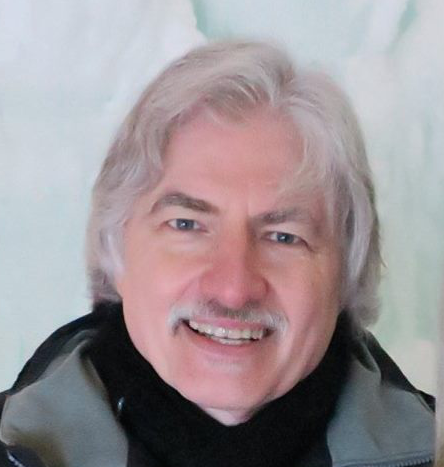Rectify
The most humanizing show in television history?
With the advent of made-for-cable TV in the late 1990s, the quality of television took a huge leap forward, sometimes even reaching the level of top-quality filmmaking (very rare for network TV). This has made it not only possible but necessary for critics to take television seriously as an art form potentially equal to the best films. I have begun reviewing TV shows as a result.
Indeed, Rectify is so unusual in its pacing and in the sublime quality of its writing (especially the dialogue) and acting that it sometimes feels like a new art form.
This review is aimed at all of you who have not yet had the pleasure of watching what I believe to be one of the five best shows in the history of television. It ended its four-year run on Sundance TV at the end of 2016. All four seasons are now available on Netflix.
Created by (and frequently written by) Ray McKinnon, Rectify is set in the small town of Paulie, Georgia, where Daniel Holden (played by Aden Young) spent the first 18 years of his life before he was sentenced to death for the rape and murder of his girlfriend. Nineteen years later, DNA evidence sheds new light on the crime, forcing the authorities to release Daniel despite his earlier confession to the murder. Daniel, now 37, moves back to Paulie, where the local district attorney and sheriff’s department remain convinced that he is guilty of the crimes. While they set out to find more evidence and discuss plea deals, Daniel, after 19 years on death row (in a solitary confinement of sorts), tries to adjust to life on the outside. Meanwhile, his family, and indeed the whole town, must try to adjust to Daniel’s presence among them.
Rectify explores those adjustments with incredible patience, delving deeply into each of the characters involved and making for one of the slowest-moving shows ever made. This may sound tedious, and some people will not be able to handle the slow, quiet pace, but I was mesmerized by every moment of Rectify’s 30 episodes. Indeed, Rectify is so unusual in its pacing and in the sublime quality of its writing (especially the dialogue) and acting that it sometimes feels like a new art form.
The key characters in Rectify include Daniel’s mother, Janet (J. Smith-Cameron), his sister, Amantha (Abigail Spencer), his brother Jared (Jake Austin Walker), his stepfather, Ted (Bruce McKinnon), his stepbrother Teddy (Clayne Crawford), Teddy’s wife, Tawney (Adelaide Clemens), his lawyer, John Stern (Luke Kirby), and Paulie sheriff Carl Daggett (J. D. Evermore). In each case, the casting is inspired and the acting virtually flawless. And in each case, we see the characters change and grow in unexpected ways as Daniel affects their lives. Daniel, of course, faces the biggest challenge and the most profound changes. His struggles are often heartrending to watch, not least because of Young’s phenomenal performance.
In some of my film reviews, I have indicated the weight I place on a film’s moral compass, on how I feel about whether a film is making the world a better place or a worse place (or both/neither), on whether a film is helping us want to be better people, and on whether a film is primarily humanizing or dehumanizing. So when I say Rectify is the most humanizing show in television history, and it’s all about helping us want to be better people, there is no higher praise I can offer about any entertainment.
Rectify is a meditation on life, death, love, spirituality, guilt and hope, and what it means to be human. Sometimes deeply sad, sometimes funny, often breathtaking, often gorgeous, often profound, always intense, always thoughtful, always haunting, always deliciously slow, Rectify is a show to savor. If you enjoy watching serial television, and you have access to Netflix, this is a show you do not want to miss. But have a large box of tissues handy.
Rectify is generally rated TV-14 for intense thematic elements, sequences of sexuality (including some disturbing dialogue and references), violence, brief language, and drug use. (This sounds bad, but potentially offensive scenes are minimal.)
All reviews express the opinions of the reviewer, not necessarily the views of Third Way.




